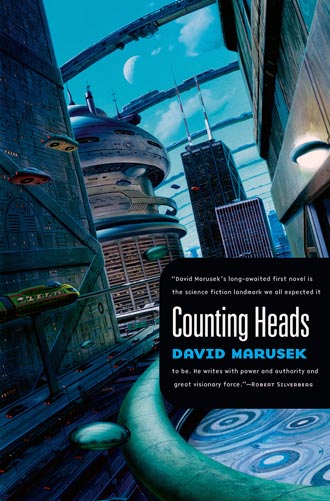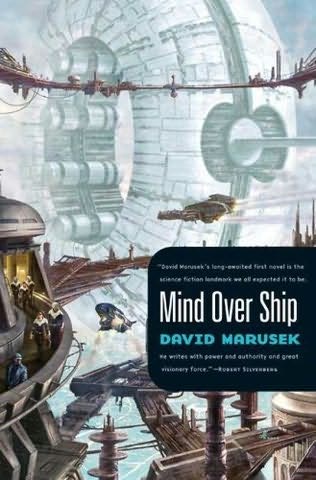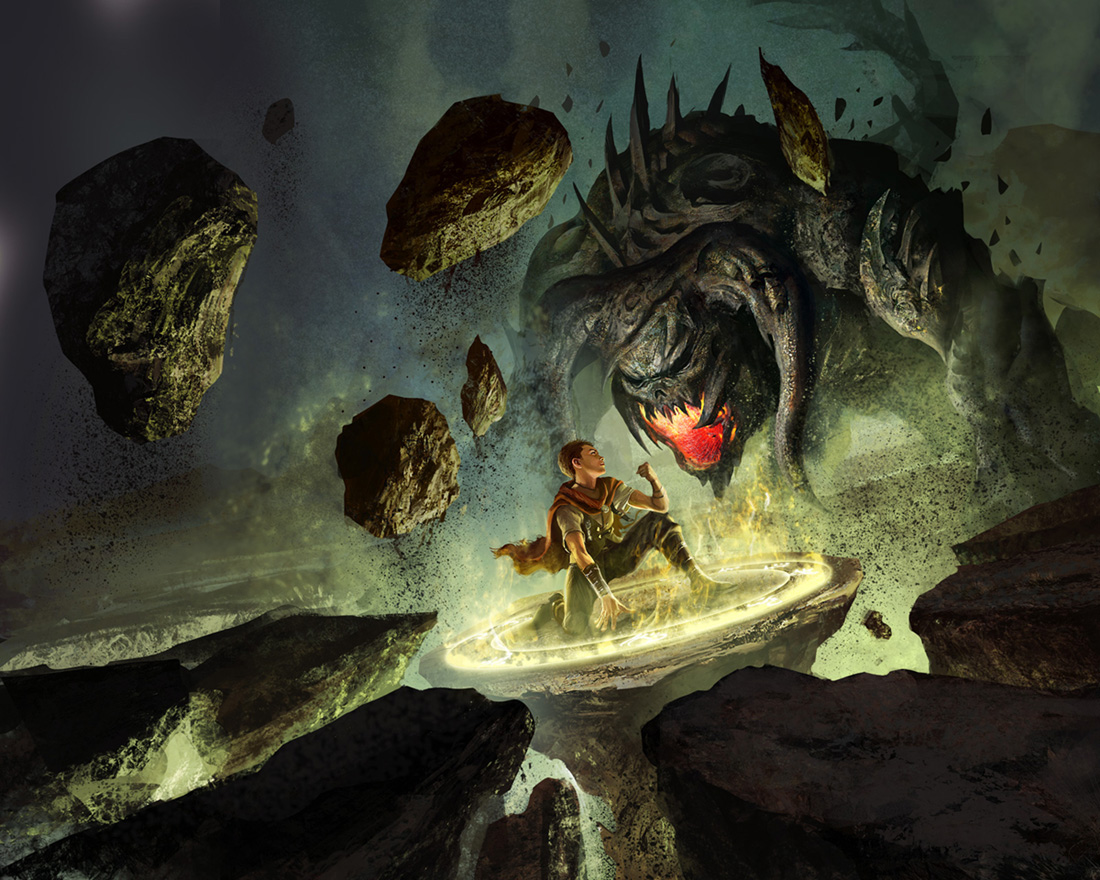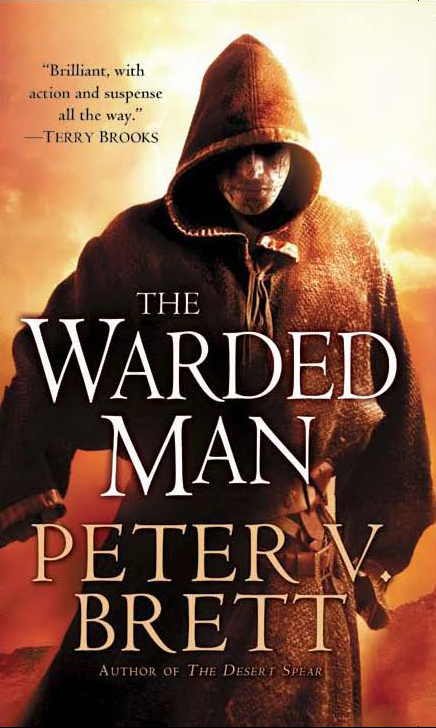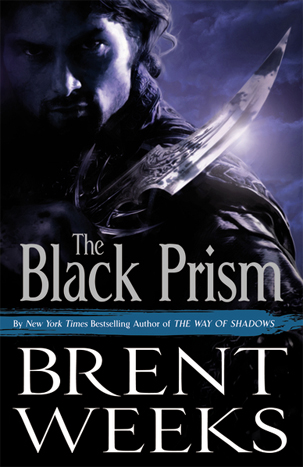Meet Samson Harger, a famous package designer and his most recent amorous attachment, Eleanor Starke, the ruthless and resourceful corporate executive. What we know of their world unfurls gradually throughout the novel: a future where nanotech has caused humanity to shelter under great city domes; big brother sampling everyone on a daily basis to prevent contamination; a cloned workforce; and sentient supercomputers that are strangely subservient to the ‘natural’ humans that remain. A colorful, intriguing, and original future if I have ever seen one.
Counting Heads is not a character driven narrative, so stay away if that is your preference. If anything, with perhaps one notable exception, characters are deemphasized in favor of ideas and the abstractions they represent – indeed, fully half the characters are clones of specific types of individuals: loyalty, emotive sensitivity, violence, ect... Economics, philosophy, and human nature all intertwine to weave an intellectually stimulating picture, one which requires a certain level of attention and involvement on the part of the reader not generally required by the genre as a whole.
Then again, I could be totally off the mark here. SF Signal, in its review of Counting Heads, describes one of the cons of the novel:
The world-building slightly overshadows the character-driven plot.
How is a plot character driven, I ask, if the emphasis is not on the characters?! Regardless, it is true that much of the novel is descriptive in nature, constantly trying to catch up with its own ideas by adding detail where none is needed. Saturation, if you will.
I am loath to make a final determination as to the overall readability of Counting Heads. If you like your science fiction á la Le Guin or Wolfe then you might enjoy the book; if you like sci-fi more in the vein of Tanya Huff and David Gunn, don’t bother.
That said, I will be tackling Mind Over Ship (2009) which continues from where Counting Heads left off for no other reason than that the great question of the headcount is still unanswered. Don’t you just hate authors who finish a book without resolving the main unspoken mysteries?!

